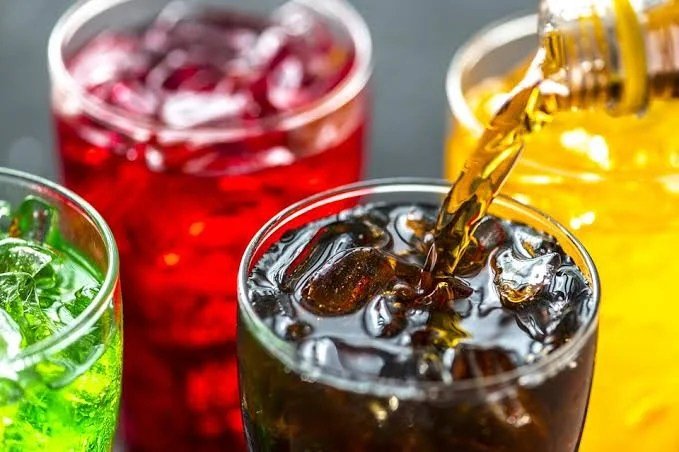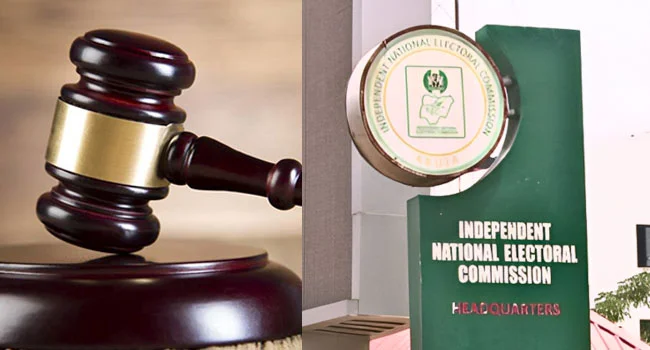Sugary beverages may contribute significantly to a public health crisis, with potential links to higher mortality rates, according to a recent study.
Dr. Dariush Mozaffarian, a cardiologist and director of the Food is Medicine Institute at Tufts University, emphasized the need for immediate action on the issue, calling it a “public health crisis.”
The study, published in Nature Medicine, analyzed global data on sugar-sweetened beverage consumption, using both observational and randomized studies related to diabetes and cardiovascular diseases.
Researchers developed a risk model that estimates sugary drinks are responsible for over 330,000 deaths annually from these conditions.
The effect is particularly severe in Latin America and the Caribbean, where sugary drinks contribute to the highest number of cardiovascular disease cases.
In sub-Saharan Africa, these beverages are linked to the highest rates of type 2 diabetes, according to the study’s findings.
Toby Smithson, a registered dietitian nutritionist with the American Diabetes Association, who was not involved in the study, pointed out that sugary drinks most affect young, educated male adults living in urban areas.
Dr. Mozaffarian stressed the urgency of addressing the problem, saying, “It’s time to prioritize actions to tackle this preventable suffering.”
The Quick Impact of Liquid Sugar
While the study did not directly establish causality due to the lack of an intervention group, its findings highlight the damaging effects of sugary drinks.
Researchers examined data from 184 countries, but did not consider all income levels or the heightened risk of diabetes and cardiovascular diseases among certain ethnic groups, as noted by Smithson.
Nevertheless, the link between sugary drinks and poor health is well-documented. Sugar-sweetened beverages are classified as “empty calories,” offering no nutritional value.
These drinks also rapidly spike blood sugar levels, as the sugar is absorbed faster into the bloodstream than solid sugars.
Suzanne Janzi, a doctoral student in nutritional epidemiology at Lund University, explained that liquid sugars are absorbed more quickly because they don’t need to be broken down like solid foods. “Solid sugars are often part of foods that also contain fiber, proteins, and fats, which slow digestion and result in a more gradual sugar release,” she said.
Additionally, liquid sugars don’t provide the same sense of fullness as solid foods, which can lead to overeating and poor appetite control, further contributing to excessive calorie intake.
Are Sugar Alternatives Safer?
While beverages sweetened with sugar substitutes may seem like a better option, Mozaffarian warned that both natural and artificial low-calorie sweeteners may also pose health risks.
“Emerging research shows that both natural and artificial low-calorie sweeteners can have health consequences, so these should be seen as a short-term, less harmful alternative, not a long-term solution,” he stated.
For people with diabetes who are used to sugary drinks, Smithson suggested that artificial sweeteners could be a temporary, more diabetes-friendly option.
However, Mozaffarian advocates for completely eliminating sugary drinks and opting for healthier choices like seltzer, unsweetened tea, coffee, or plain water.
Smithson emphasized that staying properly hydrated is key for managing blood pressure, blood sugar, body temperature, and digestion. “The best hydrating beverage is water,” she said. “If you don’t like plain water, try infused water with lemon, lime, or fresh herbs, or sparkling water with no added sugar.”



![Reps Committee Proposes Creation Of 31 More States [FULL LIST]](https://ketoty.com/wp-content/uploads/2025/02/Reps.jpeg)
